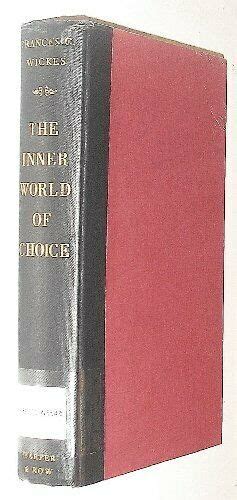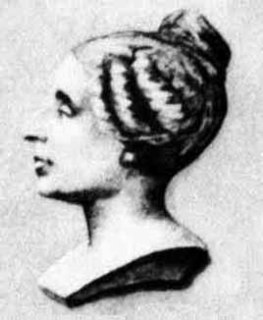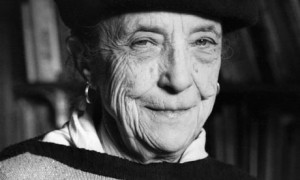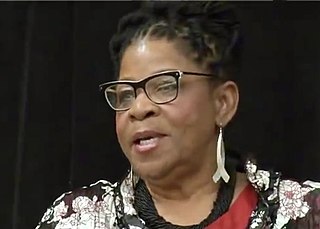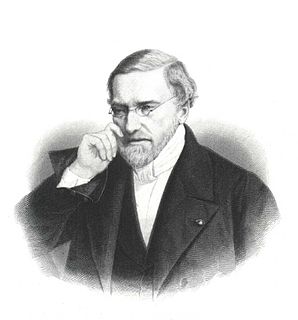A Quote by Frances G. Wickes
Emotions are far harder things to understand than algebra and geometry, yet we spend hours in elucidating mathematics and expect such a problem as that of human relationships to solve itself.
Related Quotes
Mystery is an inescapable ingredient of mathematics. Mathematics is full of unanswered questions, which far outnumber known theorems and results. It's the nature of mathematics to pose more problems than it can solve. Indeed, mathematics itself may be built on small islands of truth comprising the pieces of mathematics that can be validated by relatively short proofs. All else is speculation.
The lock-step approach of algebra, geometry, and then more algebra (but rarely any statistics) is still dominant in U. S. schools, but hardly anywhere else. This fragmented approach yields effective mathematics education not for the many but for the few primarily those who are independently motivated and who will learn under any conditions.
... geometry became a symbol for human relations, except that it was better, because in geometry things never go bad. If certain things occur, if certain lines meet, an angle is born. You cannot fail. It's not going to fail; it is eternal. I found in rules of mathematics a peace and a trust that I could not place in human beings. This sublimation was total and remained total. Thus, I'm able to avoid or manipulate or process pain.
It has to be about more than punishment. We need to rehabilitate people. We lock up far too many people in America today. We lock them up as if locking them up is gonna solve the problem. And locking them up does not solve the problem. Did locking me up make me better? No, it did not. It made my struggle harder.
One of the high points of my life was when I suddenly realized that this dream I had in my late adolescence of combining pure mathematics, very pure mathematics with very hard things which had been long a nuisance to scientists and to engineers, that this combination was possible and I put together this new geometry of nature, the fractal geometry of nature.
[Mathematics] is security. Certainty. Truth. Beauty. Insight. Structure. Architecture. I see mathematics, the part of human knowledge that I call mathematics, as one thing - one great, glorious thing. Whether it is differential topology, or functional analysis, or homological algebra, it is all one thing. ... They are intimately interconnected, they are all facets of the same thing. That interconnection, that architecture, is secure truth and is beauty. That's what mathematics is to me.
It is the duty of the human understanding to understand that there are things which it cannot understand, and what those things are. Human understanding has vulgarly occupied itself with nothing but understanding, but if it would only take the trouble to understand itself at the same time it would simply have to posit the paradox.
In fact, Gentlemen, no geometry without arithmetic, no mechanics without geometry... you cannot count upon success, if your mind is not sufficiently exercised on the forms and demonstrations of geometry, on the theories and calculations of arithmetic ... In a word, the theory of proportions is for industrial teaching, what algebra is for the most elevated mathematical teaching.
